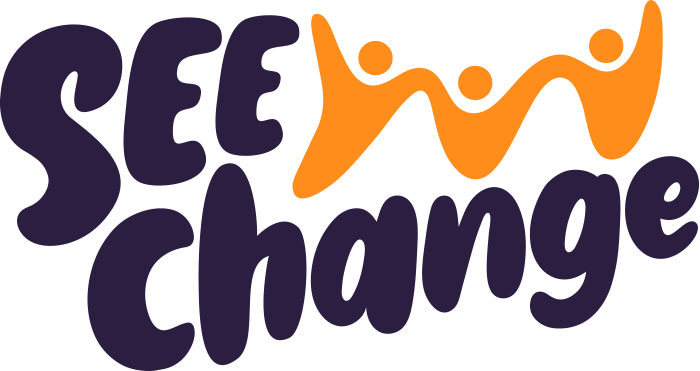The importance of valuing time
We are at the exciting stage of the Cultural Learning project where we are starting to see it take shape. We are currently planning a series of yarning circles for October. Thank you to everyone who responded to our EOI, and those that have now submitted their registration! We are very happy to see so many people interested in participating in this project, and we are happy to see that others also recognize the need for non-Indigenous peoples to take responsibility for their own cultural learnings.
Behind the scenes, we have had some amazing yarns with Ngunawal elder, Wally Bell. Wally actively participates in all aspects of Ngunawal Aboriginal cultural heritage and engages with the wider community through Cultural walks and talks to develop awareness of Ngunawal culture and its practices. Listening to Wally has come with jarring realizations about how little we know about Ngunawal country that we have had the privilege to live on. This country is alive with tangible and intangible relationships between country and Ngunawal peoples. Unfortunately, this country is also alive with stories of non-Indigenous peoples being unaware of these relationships, or not acknowledging the significance of these relationships. This can in turn risk damaging these connections.
Part of the cultural journey that we are on, comes with the recognition and acknowledgement that there is no excuse for remaining unaware of how Ngunawal people continue to connect with country. We hope that this project will be a first step for SEE Change and its members to start learning about the country that we live on.
As we have been planning this project with Wally, we have been reminded through our readings that it is essential we value the time Wally is sharing with us in some way. There can be an expectation that Indigenous peoples will volunteer their time to speak, participate in projects or share their culture, without being financially compensated. We read about the experience of a government employee working in national park management where Indigenous peoples were not paid for their time and expertise, but the non-Indigenous peoples working in equivalent roles were paid.(1)
Valuing time does not necessarily need to be monetary, but there shouldn’t be an expectation that Indigenous peoples will share their time for free. It is about showing respect by asking Indigenous peoples how they would like their time to be valued.
In our project, we will be asking for donations at the conclusion of the yarning circles. This will be an opportunity for those who participated to reflect on their learnings and the significance of the project and knowledges shared. This will help us to pay Wally for the time he will generously spend with us.
